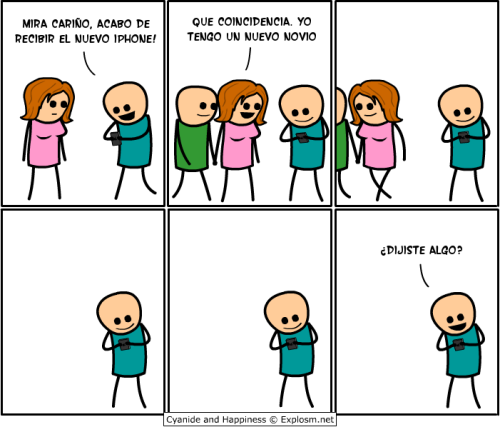"I feel like I can't do this with Spanish I, and it's hard with Spanish II. Also, what are students graded on instead?"
At this point, I only teach very early elementary, who only receive a grade of "excellent/satisfactory/needs improvement" once a quarter, and advanced students. I realize that's quite an uncommon setup. But when I was teaching 5 periods of Spanish 1 and 2 (along with Spanish 3) I also never gave vocab quizzes. I'm a bigger fan of @alfiekohn than I am of grades, but at my school we have to give them (as, I'm sure, do you) so here's an outline of where my assessment comes from.
In Spanish 3 and 4 (AP), both classes receive grades for:
Completing the chapter guides for our books
Writing a free-topic blog post once a week
Doing listening cloze quizzes on things such as commercials
Doing a regular vocabulary review (see #1)
In Spanish 3, students also:
do intermittent writing/speaking assignments related to recent target features (in class)
do an end-of-unit assessment, profiency- and task-based, as in a how-to demonstration (to elicit commands) or telling an interesting true story about themselves (to elicit combined past tenses)
In AP, students also:
do a weekly "fluency" activity on their own
write AP-style essays & interpersonal writing pieces
do AP-style oral presentations
When I was teaching Spanish 1 & 2, students did:
-the same regular vocabulary review
-also a weekly blog post, beginning with question prompts in 1st semester of Spanish 1 and changing to free-topic word count requirements starting in the 2nd semester of Spanish 1
-also listening cloze quizzes (the difficulty is in the words you drop- for beginners, you drop numbers and greetings, for example)
-also prompted writing/speaking with target features (i.e. 5 phrases describing your family using person + es + adjective from vocabulary)
Different from advanced students, however, were:
Yes, vocab quizzes.
1) Ask random questions to elicit vocab, and the answer just has to make sense or be true. (¿De qué color son los 'arches' de McDonalds?)
2) Ask questions about stories we've been doing in class. (¿Quién es el amigo del pingüino?) Students were required to draw/label stories in their composition notebooks and were allowed to use them for quizzes.
3) Describe a drawing for students to draw and grade on how the drawing turns out. ("Hay una niña. La niña tiene una banana verde.") Colored pencils were a supply requirement.
Hope this helps clarify how I did some of my lower-level assessment.
